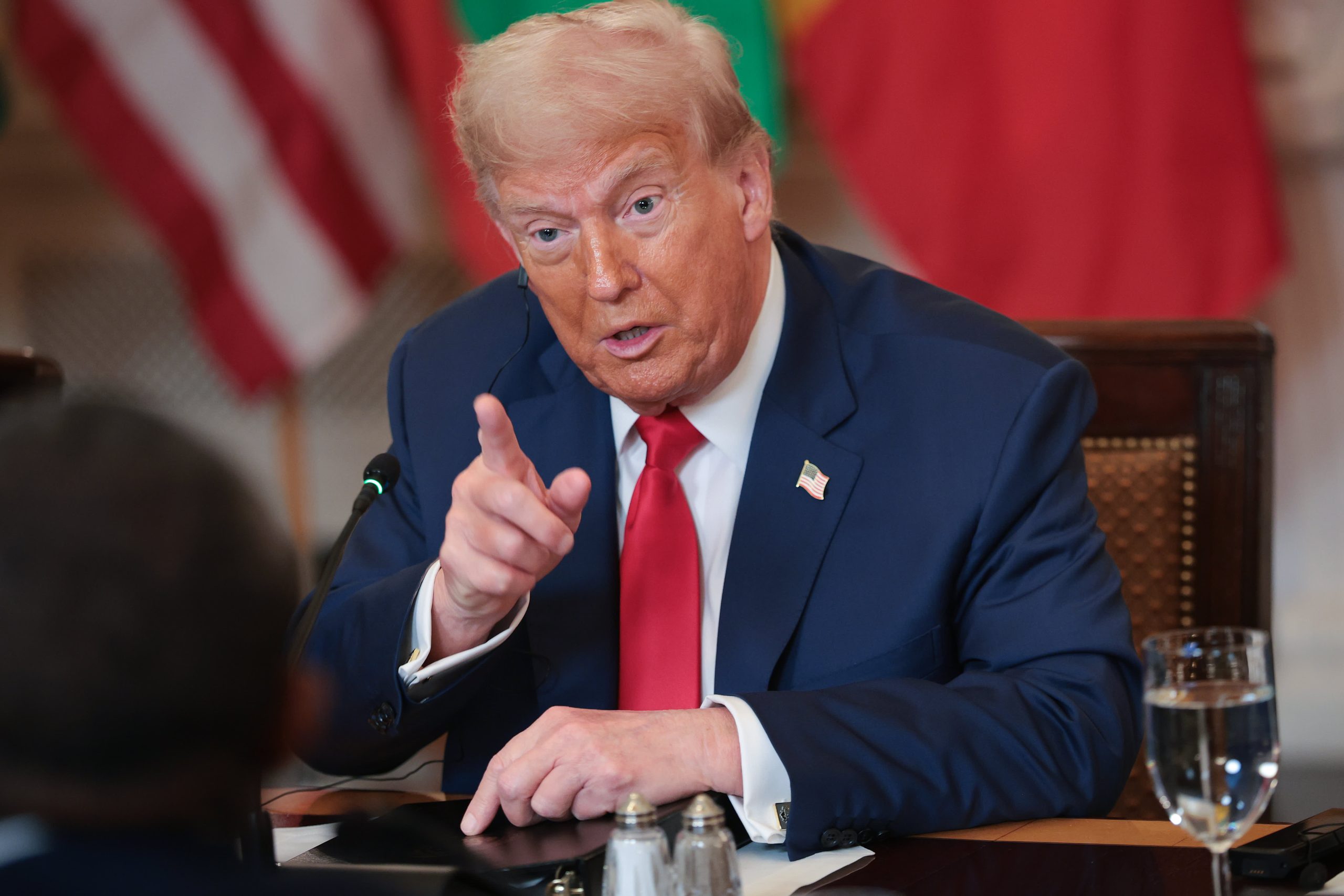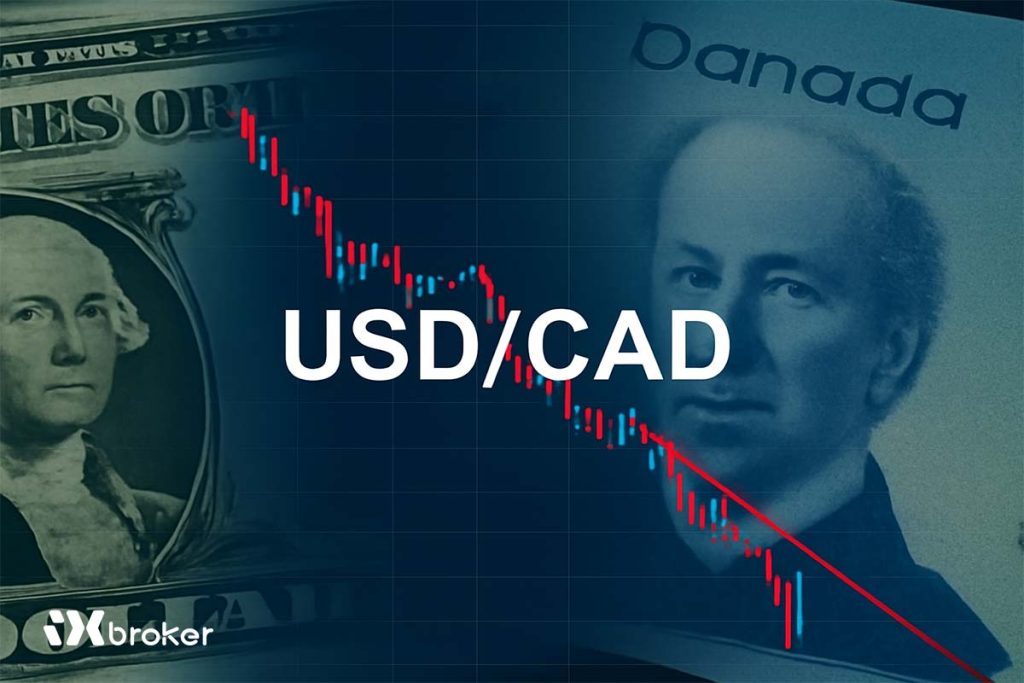Trump increases import tariffs on Brazilian goods to 50%, triggering a sharp decline in the Brazilian real and stock markets amid escalating political and trade tensions between the U.S. and Brazil.
Former U.S. President Donald Trump’s sudden announcement to raise import tariffs on Brazilian goods to 50% has dealt a severe blow to Brazil’s economy. This decision caused a sharp depreciation of the Brazilian real and significant drops in the country’s stock market indices, intensifying political tensions between the two nations.
Unprecedented Tariff Hike Amid Trade Dispute
Donald Trump announced via an official letter posted on his social media accounts that tariffs on Brazilian goods imported into the United States would increase from the initially stated minimum of 10% in April to 50%. This unexpected move is seen as a direct political response to ongoing legal and political issues in Brazil, particularly the cases against former President Jair Bolsonaro.
In the letter, Trump linked the tariff hike to “Brazil’s insidious attacks on free elections and the free speech rights of Americans,” justifying the measure under the principle of “reciprocity.” Notably, unlike other countries subjected to similar tariffs, Brazil does not have a trade surplus with the U.S., indicating a political rather than purely economic motivation behind the decision.
Brazilian Real Falls Sharply, Stock Markets Under Pressure
Following the announcement, the Brazilian real depreciated by approximately 3% against the U.S. dollar, exerting significant pressure on the nation’s economy. Simultaneously, the iShares MSCI Brazil ETF, the largest U.S.-listed exchange-traded fund tracking Brazilian equities, dropped by more than 2%.
These market reactions underscore investor concerns about the economic and political ramifications of Trump’s decision, which could disrupt trade flows and foreign investment in Brazil.
Behind the Decision: Political Tensions and Bolsonaro’s Legal Troubles
One of the main drivers of this action is the ongoing legal case against Jair Bolsonaro, Brazil’s former president and political rival of current leader Luiz Inácio Lula da Silva. Bolsonaro faces charges related to an attempted coup following the 2022 elections, a case often compared to the January 6, 2021 insurrection attempt in the United States.
Bolsonaro, who modeled much of his political style on Trump during his presidency, has repeatedly sought Trump’s support as his legal challenges mount. The tariff increase appears to be a reaction by Trump aimed at exerting pressure on Brazil’s current government in response to these controversies.
Brazil’s Government Responds Firmly
In response to the tariff hike, President Luiz Inácio Lula da Silva swiftly convened an emergency meeting with key cabinet members, including the Finance Minister, Foreign Minister, and Vice President, to discuss strategies to counter the escalating crisis.
In a public statement on social media, Lula emphasized that Brazil would not be “tutored” by any external power and that the country’s judiciary alone has the authority to handle its internal legal matters without foreign interference or threats.
Economic and Trade Implications of the Tariff Increase
The heightened tariffs on Brazilian imports are likely to reduce Brazil’s exports to the U.S. and disrupt bilateral trade. Given Brazil’s significant reliance on global markets—especially the U.S.—the country could face declining foreign investment and slower economic growth.
Economic analysts warn that this escalation may hinder Brazil’s post-pandemic recovery efforts and cause the nation to lose valuable commercial opportunities.
The Future of U.S.-Brazil Trade Relations
Considering Brazil’s economic and political significance in Latin America, the recent U.S. decisions are expected to have long-lasting impacts on bilateral relations. Analysts anticipate that ongoing tensions could deepen divisions and reduce economic and political cooperation between Washington and Brasília.
While Brazil seeks to preserve its economic and political sovereignty, the U.S. continues to use trade tools to exert pressure on foreign governments, potentially setting new precedents in international relations.



